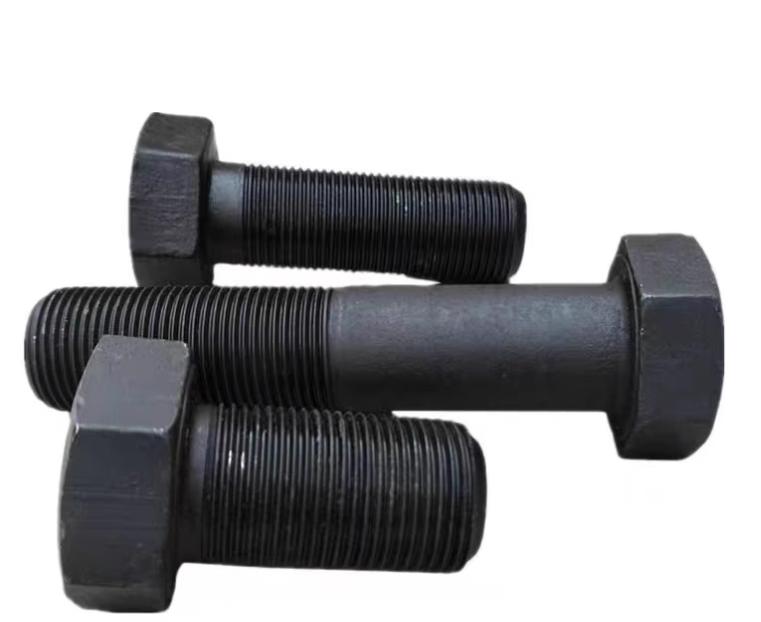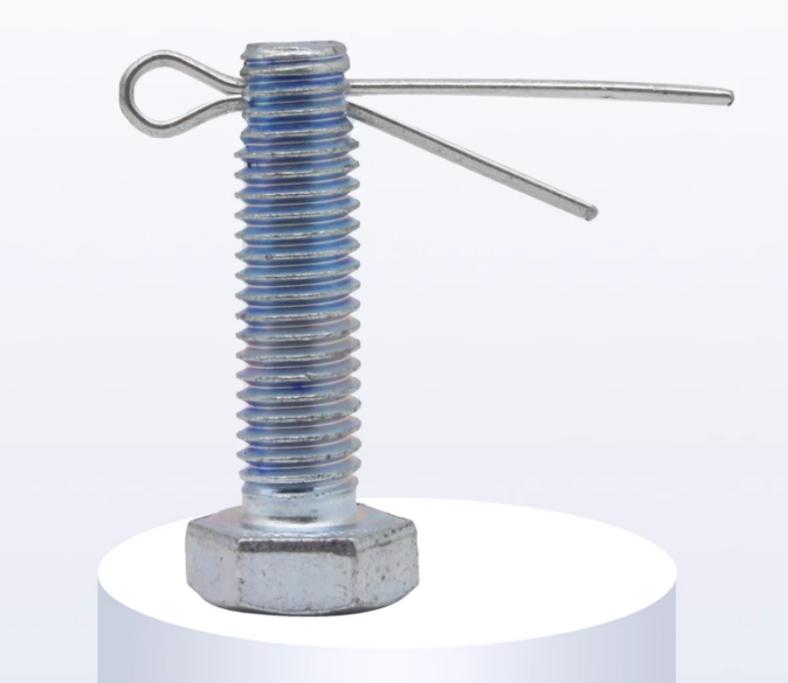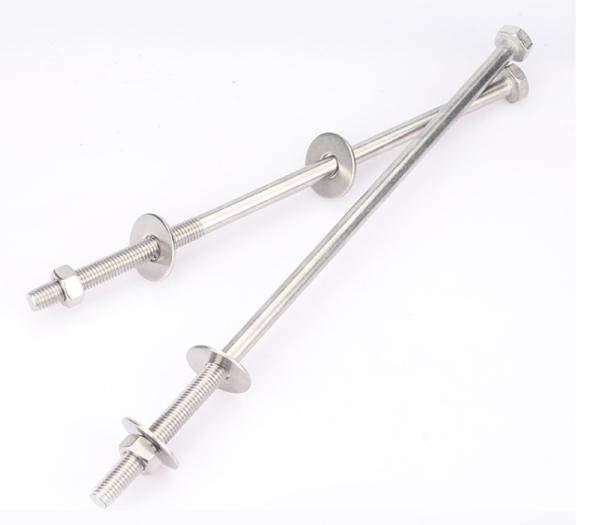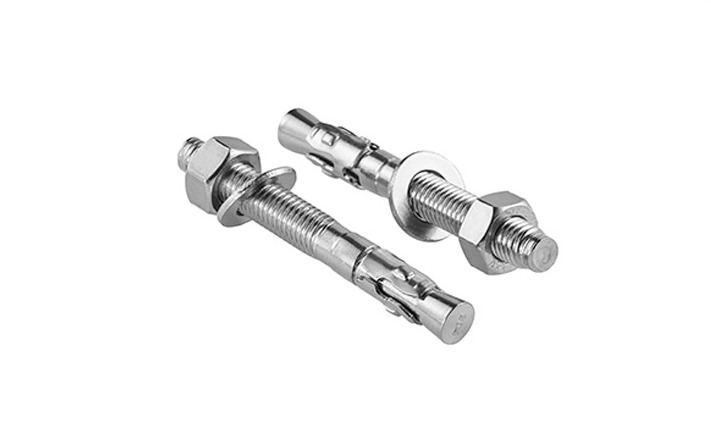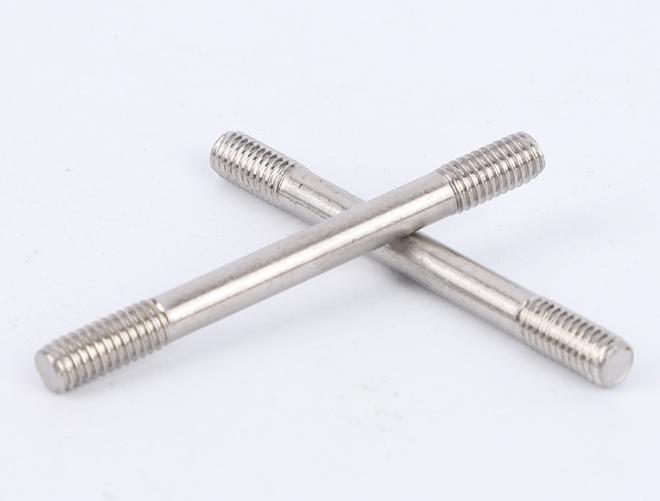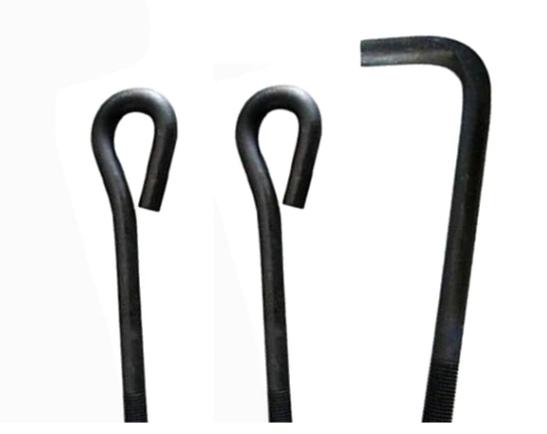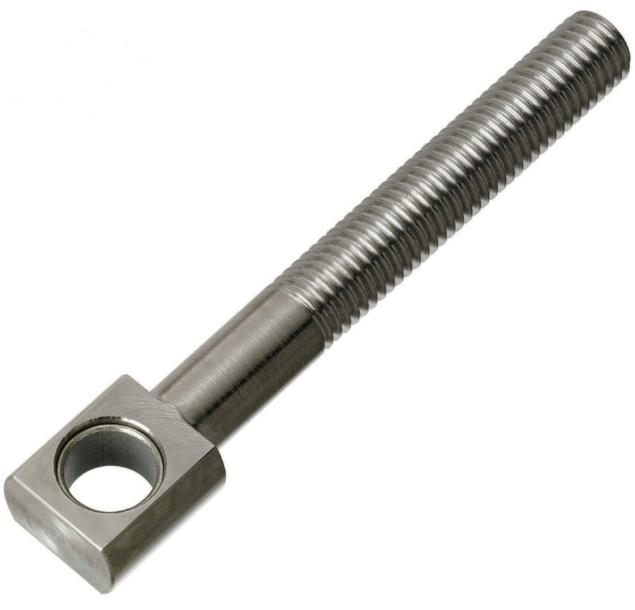High-Strength Friction Grip Bolts vs. Ordinary Bolts: What are the Differences
Bolts are ubiquitous in construction and engineering, serving as crucial components in securing structures and machinery. Within this realm, high-strength friction grip bolts stand out as a specialized category of fasteners known for their exceptional durability and reliability. It is imperative to distinguish between high-strength friction grip bolts and ordinary bolts to ensure optimal usage in diverse applications. This article delves into the nuances that set high-strength friction grip bolts apart from ordinary bolts, shedding light on their material composition, strength characteristics, tightening methods, and application scenarios.

What are High-Strength Friction Grip Bolts and Ordinary Bolts
What are High-strength Friction Grip Bolts
High-strength friction grip bolts (HSFG bolts) are a type of bolt that is designed to provide a high-strength connection between two or more steel plates. HSFG bolts are made from high-strength steel and are tightened to a specific pre-tension load. This pre-tension load creates a clamping force between the plates, which prevents them from slipping past each other.
What are Ordinary Bolts
Ordinary bolts are a type of bolt that is used for general-purpose applications. Ordinary bolts are typically made from lower-strength steel than HSFG bolts and are not tightened to a specific pre-tension load.
Why is it Important to Understand the Differences Between High-strength Friction Grip Bolts and Ordinary Bolts?
It is important to understand the differences between high-strength bolts and ordinary bolts because they are designed for different applications. HSFG bolts are designed for high-strength applications, such as bridges, buildings, and heavy machinery. Ordinary bolts are designed for general-purpose applications, where high strength is not required.

Differences Between High-strength Friction Grip Bolts and Ordinary Bolts: A Comprehensive Comparison
High-strength friction grip (HSFG) bolts and ordinary bolts are two types of fasteners that are used in a wide variety of applications. HSFG bolts are designed for high-strength and reliability applications, while ordinary bolts are used for general applications where high strength is not required.
The following table summarizes the key differences between HSFG bolts and ordinary bolts:
| Characteristic | HSFG bolts | Ordinary bolts |
| Material | High-strength steel alloys (e.g., 45# steel, 20MnTiB steel, 35CrMoA steel) | Lower-strength steel alloys (e.g., Q235 steel) |
| Strength | Tensile strength: 1090 MPa Shear strength: 730 MPa | Tensile strength: 480 MPa Shear strength: 320 MPa |
| Tightening method | Must be tightened to a specific pre-tension load using a torque wrench | Can be tightened using a wrench or socket wrench |
| Applications | High-strength and reliability applications (e.g., bridges, buildings, heavy machinery, aircraft, ships) | General applications where high strength is not required (e.g., furniture, appliances, electronic devices, general construction) |
Detail Applications of HSFG Bolts and Ordinary Bolts
HSFG bolts are used in a wide range of applications where high strength and reliability are required. Some of the most common applications include:
- Bridges: HSFG bolts are used to connect the various structural members of bridges, such as the beams, girders, and trusses. The high strength of HSFG bolts is essential for ensuring that bridges can safely carry the heavy loads that they are subjected to.
- Buildings: HSFG bolts are used to connect the structural members of steel-framed buildings, such as the columns, beams, and floors. The high strength and reliability of HSFG bolts are essential for ensuring that buildings can safely withstand the loads imposed by wind, earthquakes, and other hazards.
- Heavy machinery: HSFG bolts are used to connect the various components of heavy machinery, such as cranes, excavators, and bulldozers. The high strength of HSFG bolts is essential for ensuring that heavy machinery can safely lift and move heavy objects.
- Aircraft: HSFG bolts are used to connect the various components of aircraft, such as the wings, fuselage, and engine. The high strength and reliability of HSFG bolts are essential for ensuring that aircraft can safely fly and carry passengers and cargo.
- Ships: HSFG bolts are used to connect the various structural members of ships, such as the hull, decks, and superstructure. The high strength of HSFG bolts is essential for ensuring that ships can safely withstand the forces of the ocean.
Ordinary bolts are used in a wide variety of general applications where high strength is not required. Some common applications include:
- Furniture: Ordinary bolts are used to assemble furniture, such as chairs, tables, and beds. The strength of ordinary bolts is sufficient for these applications, and they are also relatively inexpensive and easy to use.
- Appliances: Ordinary bolts are used to assemble appliances, such as refrigerators, washing machines, and dishwashers. The strength of ordinary bolts is sufficient for these applications, and they are also relatively inexpensive and easy to use.
- Electronic devices: Ordinary bolts are used to assemble electronic devices, such as computers, televisions, and smartphones. The strength of ordinary bolts is sufficient for these applications, and they are also relatively small and lightweight, which is important for electronic devices.
- General construction: Ordinary bolts are used in a wide variety of general construction applications, such as framing houses, building decks, and installing fences. The strength of ordinary bolts is sufficient for these applications, and they are also relatively inexpensive and easy to use.

Conclusion
In summary, high-strength friction grip bolts stand as exemplars of engineering precision and durability. Their composition of high-strength materials, superior strength characteristics, and precise tightening methods set them apart from ordinary bolts. This differentiation makes them indispensable in projects where structural reliability is of paramount importance. Understanding the nuances between high-strength friction grip bolts and ordinary bolts is crucial in ensuring the safety and longevity of structures and machinery. As we continue to push the boundaries of engineering, the reliance on specialized fasteners like high-strength friction grip bolts will undoubtedly become even more pronounced, further underscoring their significance in the world of construction and engineering.

